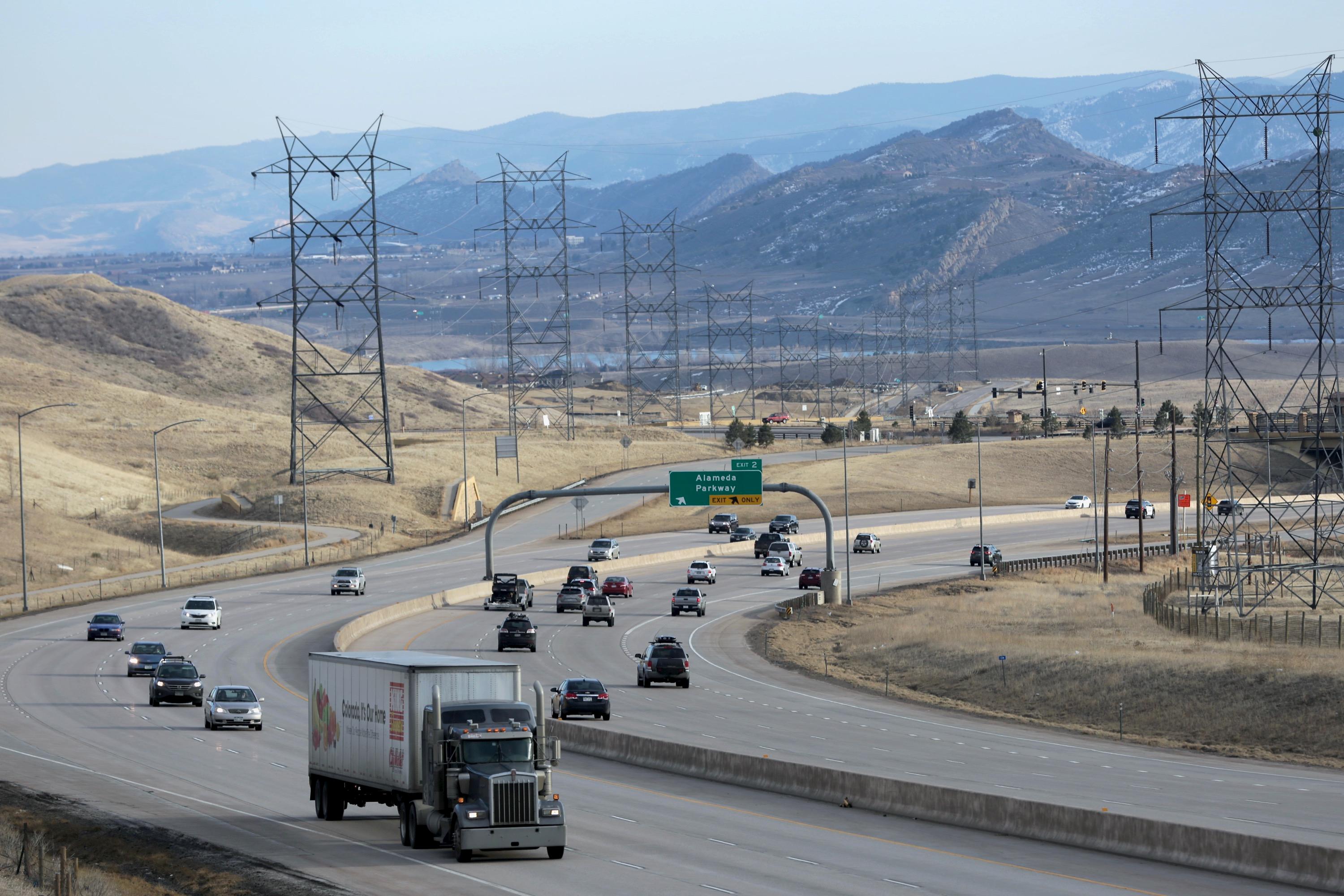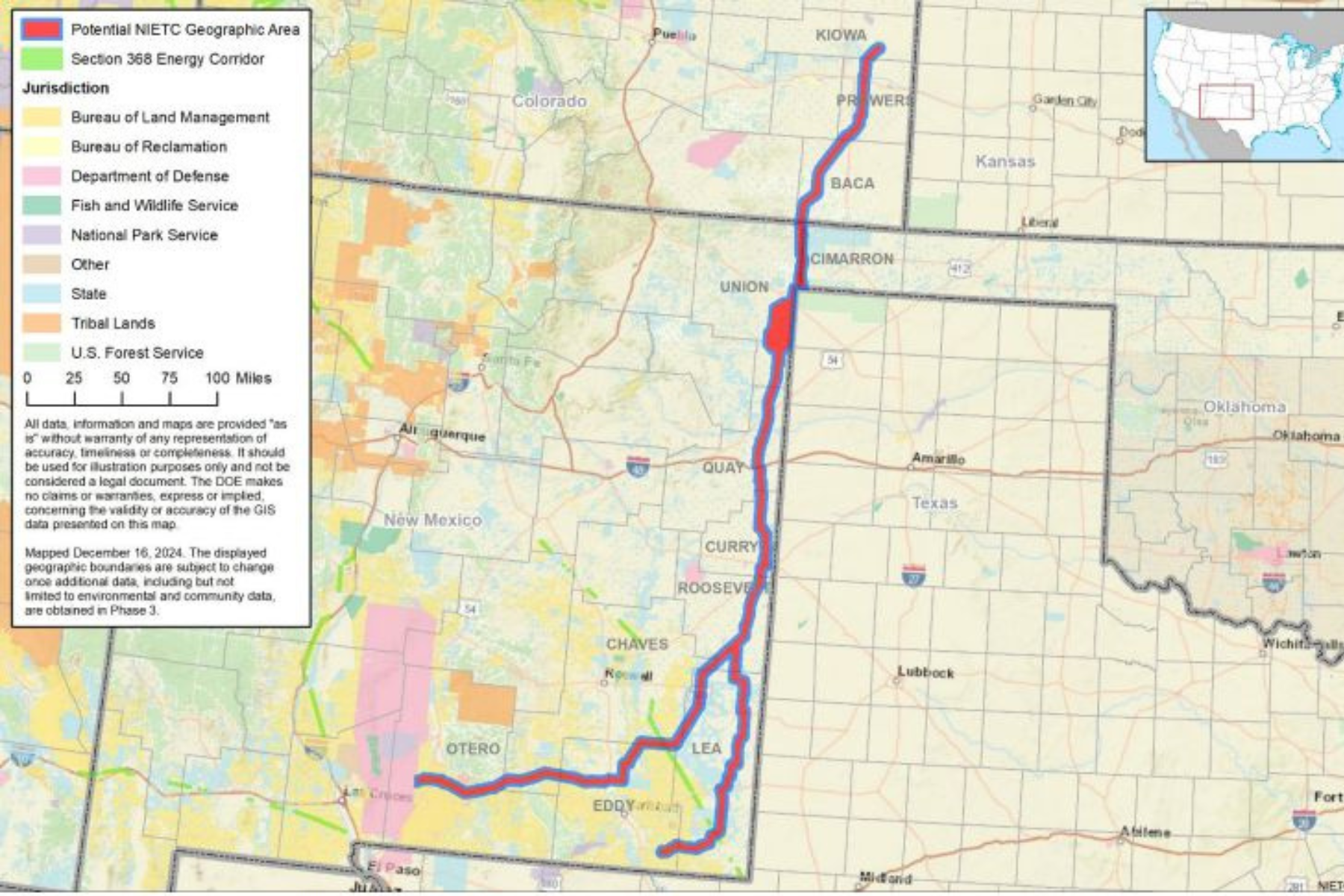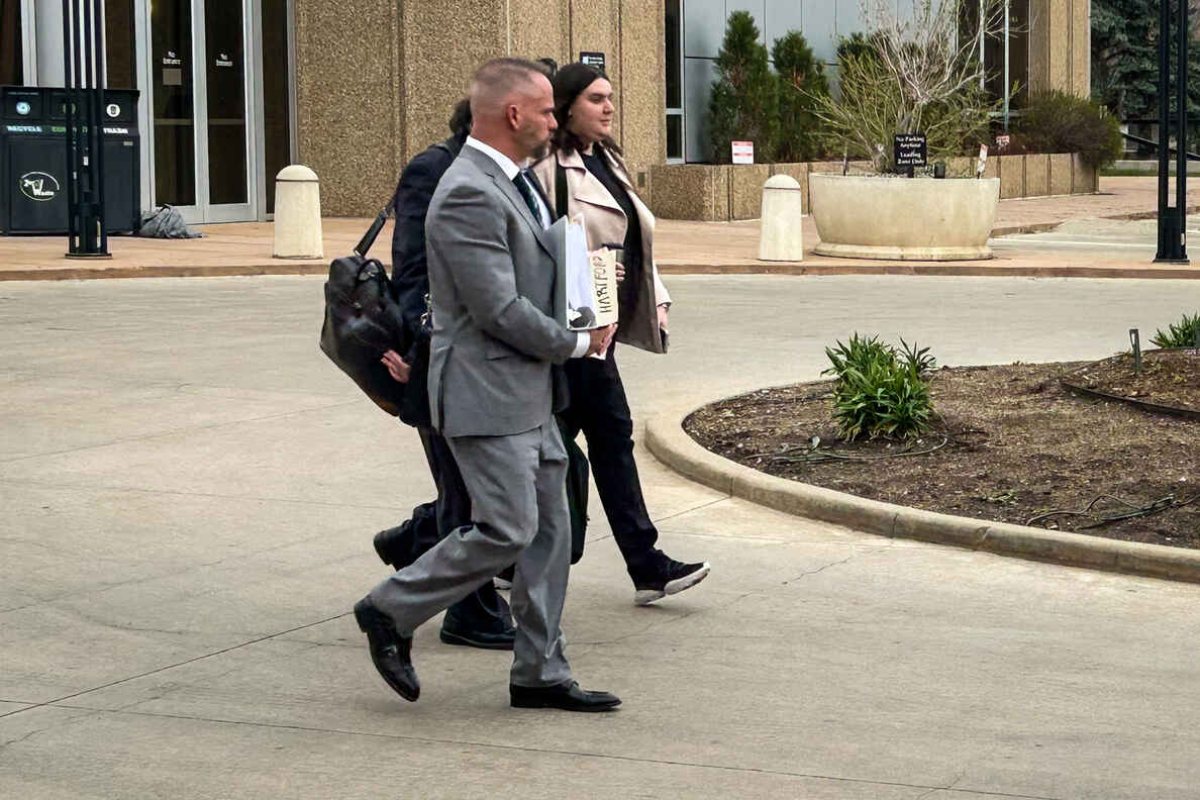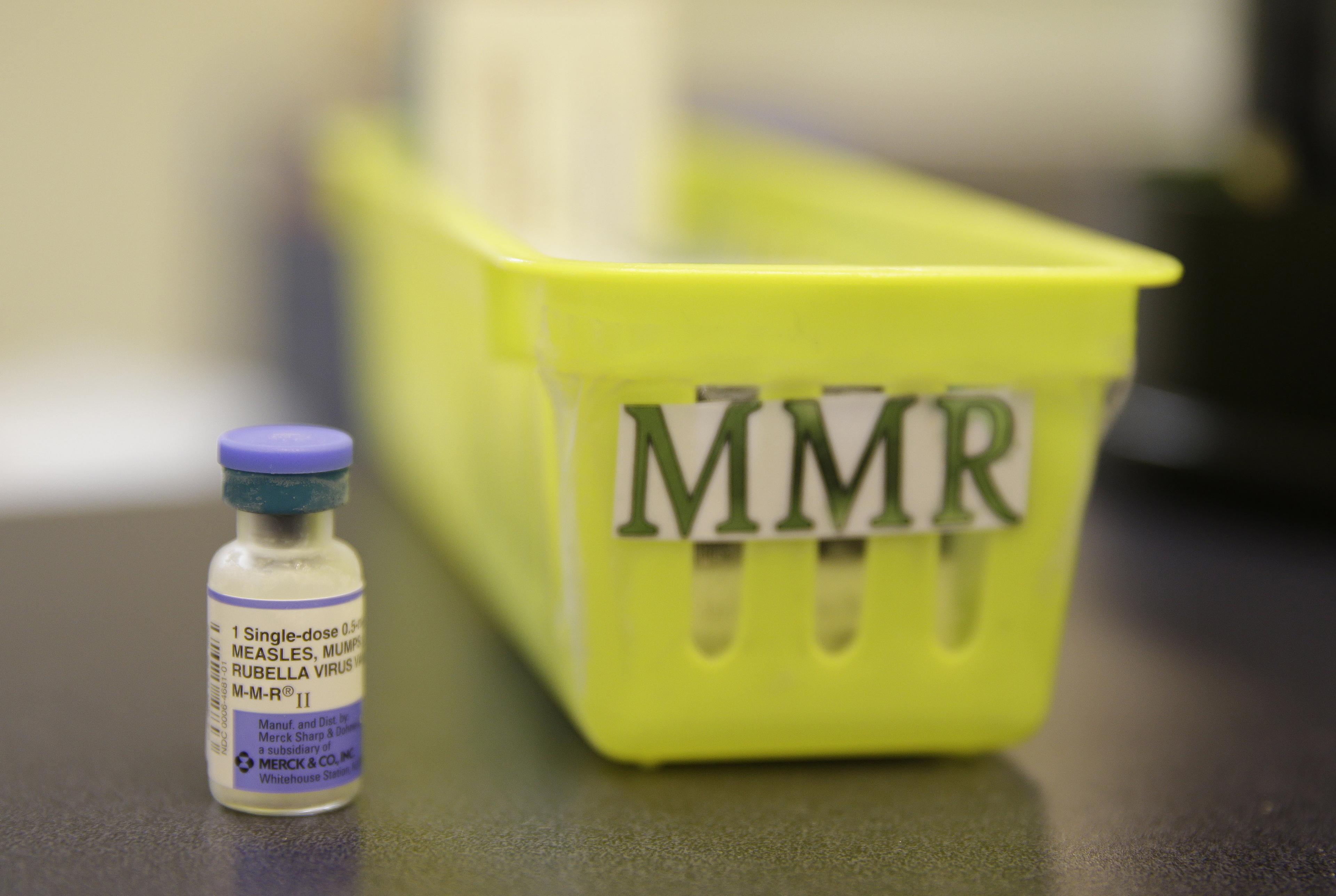
After last November’s statewide ballot measure to raise taxes to pay for transportation improvements lost miserably, some government officials got to thinking: What if the key to raising more revenue was to ask fewer people?
Local planning officials in the state are exploring the merits of a regional approach, where a ballot measure could succeed by winning a majority of votes not across the entire state but within the confines of a given area.
Imagine: Denver-area voters would raise their own taxes for their own projects, as would voters in Pueblo, or Grand Junction or Fort Collins.
Democrat Sen. Faith Winter of Westminster, chair of the state Senate Transportation & Energy Committee, does not yet support such an approach. But she said such measures would likely be easier to pass and would give different regions more freedom.
“We know that what Denver might want to do isn't necessarily what a solution is for Grand Junction,” she said.
But a patchwork of haves and have-nots could develop.
Winter and others are worried about potential long-term gaps, both between regions and in the vast rural spaces outside of them.
“There are some things that just need statewide solutions,” said Sen. Dennis Hisey, a Fountain Republican and fellow Transportation & Energy Committee member. “Your urban dwellers tend to not understand the value of all those state roads scattered throughout the rest of the state.”
The Denver Regional Council of Governments, the federally designated metropolitan planning organization for the area, is leading the discussion on the regional approach.
“We're supportive of a statewide solution to the problem,” Douglas Rex, DRCOG’s executive director, told the agency’s board, which is made up of dozens of local elected officials, in mid-July. “But I think in the absence of that, and I think there will be some initiatives that are upcoming that are statewide, I just think we're just looking for things that we can expand the toolbox.”
Some DRCOG board members are worried that any money for regional projects could change how the Colorado Department of Transportation spends its own money.
“If they just choose to stop funding things in our region, which of course they could do that because we have this additional tax, then who's going to pay for those state roads?” said Ashley Stolzmann, a Louisville councilwoman.
But allowing CDOT to shift its resources to roads in sparsely populated parts of the state is a promising idea, said Hisey, whose district is mostly rural.
“That might be a conversation that would be worth having,” he said.
In a statement, CDOT spokesman Matt Inzeo said it’s too early to comment on any possible transportation ballot measure. He said the agency is focused right now on “creating one integrated conversation about how we move people and improve safety, mobility, and asset condition in the greater metro area.”
The toolbox hasn’t changed much in recent decades.
The state’s gasoline tax has been stuck at 22 cents a gallon since 1991 and lawmakers have to balance transportation funding with other priorities like K-12 education and health care. Meanwhile, CDOT has said its backlog is about $9 billion, though it’s currently in the process of reshuffling priorities.
DRCOG is looking at three different methods to facilitate regional funding, including asking the legislature to grant it and other metropolitan planning organizations the power to levy taxes with voter approval. Such organizations cover 83 percent of the state’s population.
Depending on which approach, if any, is pursued, some legislation could be required. Rex said he other and DRCOG staff have spoken with Gov. Jared Polis and key lawmakers.
“He readily admitted that the solution is not only going to be a state solution, it’s going to happen at the local level [and] regional level,” Rex said of Polis.
A spokesperson for the governor’s office said, in a statement, that Polis will work with regional councils of governments, “as this conversation evolves.” Rex said that is still in the early stages.
Before Sen. Winter gives her support to any regional solution, she wants to wait to see what happens in upcoming elections. A 2019 ballot measure would allow the state to keep more of its revenue, a 2020 ballot measure will ask voters to authorize $1.8 billion in borrowing and there might be a statewide tax hike measure that year too.
If there’s a need after that, Winter said, a regional approach is worth considering.
“All solutions need to be on the table,” she said.









